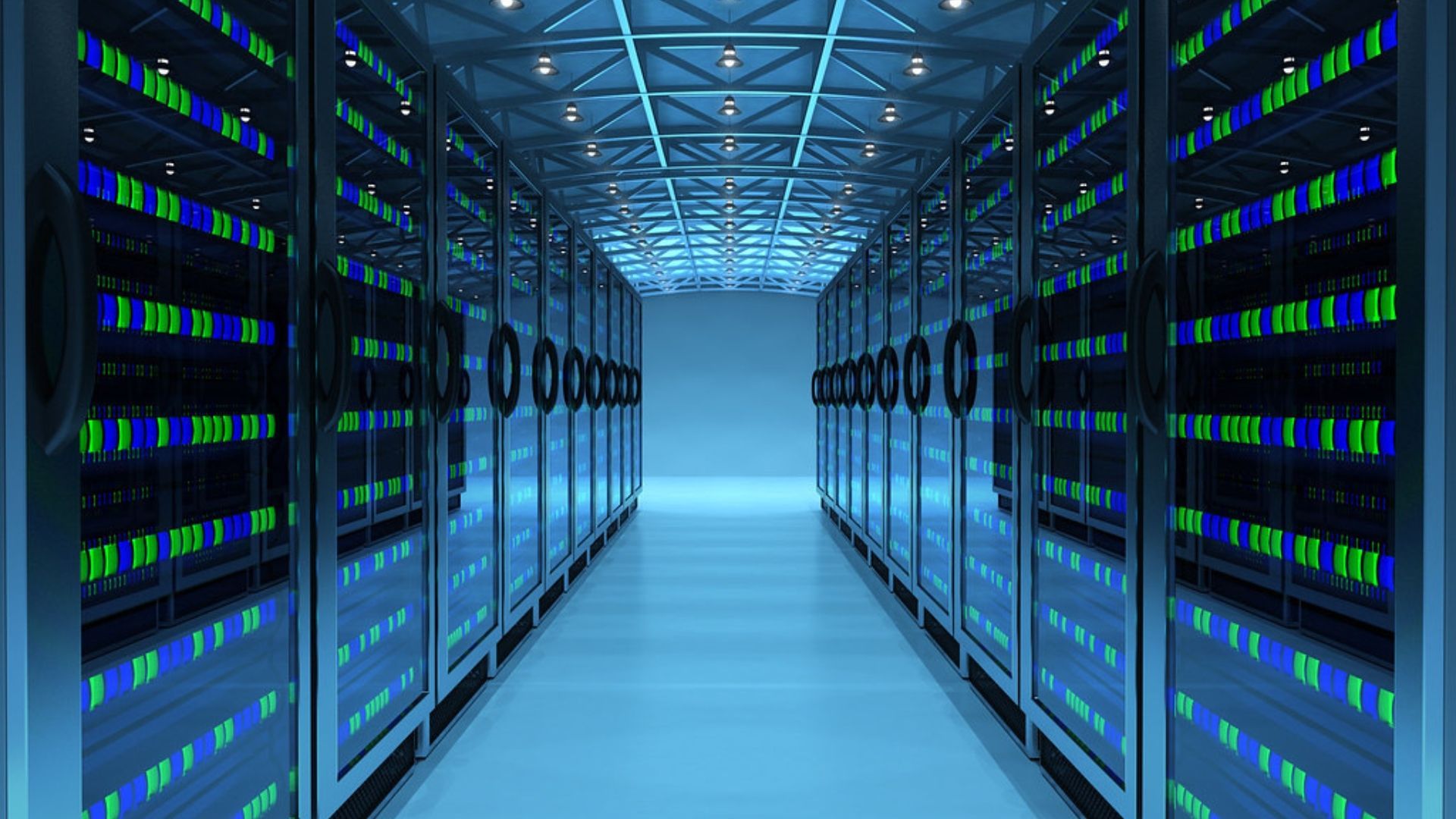How (and why) to shift essential apps to SaaS
SaaS, or "software as a service", is a way of running software on the cloud. Discover how it can make your business run more smoothly and productively.

If you're working for an SME, you've probably heard people extolling the cloud. The future, they chant, is in the cloud. But why?
Well, the main advantage relates to accessibility. If you keep all your customer records, pay sheets and the rest in box files and hard drives, you're going to struggle to keep things moving if a team member is working from home today.
This is where SaaS comes in. It stands for "software as a service" and is where you run software on the internet rather than on your internal network. You can access this software from anywhere – all you need is an internet connection.
Not convinced? Let's take a look at some essential bits of office software – and why they work just as well, if not better, on the cloud.
Accounting
Cloud-based accounting software has a powerful trick up its sleeve. It can give you real-time insights into financial data. This function – known as "analytics reporting" – means you can generate reports based on your data quickly and easily.
You're also able to integrate cloud-based accounting with your CRM. This means that the two systems will be automatically synchronised.
Valuable data and insights at your fingertips – it's far easier to achieve with SaaS than with an on-premise accounting system.
Time management
How do you keep on top of your schedule? Most people will use some combination of a paper diary, a calendar, phone reminders and office software. But how do you make sure that everybody in your team is on the same page?
A cloud-based schedule like Google Calendar is ideal for making sure that everybody has the same dates and deadlines at their fingertips. It also means it's much harder for people to make excuses!
Even if your on-premise time management software is shared, it's accessible only in the office. That's cold comfort for somebody who needs to check the time of a meeting when their train is delayed.
Moving your time management software to the cloud means that everyone has a shared schedule that they can access from everywhere. You'll wonder how you did without it!
Project management
Managing a project can feel like teaching cats to dance – ultimately rewarding, but frustrating at the time. Getting a team to deliver a project as one is a test of anyone's mettle – but we believe that cloud-based software can make those headaches a little lighter.
If you allocate a task to someone, they will be notified straight away. There's virtually no time lag between a decision being made and a team member becoming aware of it.
What's more, projects can change size. Your on-premise app may struggle to adapt and you can end up throwing money at an upgrade. Cloud-based software, by contrast, is easily scalable – whether you need to scale up or down, it's a relatively stress-free procedure.
CRM
Are you keeping your customer data in a variety of spreadsheets, emails, address books and folders? It may be time to upgrade to a cloud-based CRM system.
The main advantage is straightforward – everything is in the same place. You don't need to cross-reference a customer's email address or buying history.
And you don't need to be in the office either. With a SaaS CRM, you can access customer data anywhere, so long as there's an internet connection.
The second advantage is that your SaaS CRM system will automatically create profiles for each of your customers. Everything you know about them will be stored in one place.
And if you integrate this with your accounting software, you've got a wealth of analytics at your disposal.
Communication
Tired of the team WhatsApp group? A cloud-based instant messaging service like Slack could be the shot in the arm you need.
Keeping your team comms on the cloud gives you transparency and flexibility. Transparency, because
all
conversations are in one place. While you'll doubtless still use text messages for the odd bit of office gossip (we're not judging), official lines of communication should be clear and open.
Flexible, because you can customise notifications. The reason your question got buried in that WhatsApp group is that six conversations are going on at once – and you're either getting an avalanche of notifications or you've turned them off in a fit of pique. It's all or nothing.
With workplace cloud-based messaging, you can allocate conversations to different team members. That means no one is bombarded. Communication is easy to follow and it becomes far harder to miss a memo.
Storage
If you're using an on-premise data centre to store all your documents, you're faced with one big problem. A big, expensive problem. What happens when you need more space?
Private servers are notoriously hard to upgrade. You need a technician to get down on their hands and knees, rip out cables and unscrew things.
And it's expensive. Not just because you're having to pay for the new hardware – but also because the process of installation disrupts your business.
Cloud storage solutions like Dropbox and Google Drive make this a thing of the past. They have tiered subscription models, meaning you can pay for as little or as much storage as you need per month.
As your business grows, your storage grows too. Using a SaaS solution for storage makes this as easy as changing your payment plan.
If you're concerned about security, there are a couple of things to bear in mind. First, these big corporations have huge resources to fight off cybercrime – more, let's face it, than you. And secondly, there are best practices you can follow to keep your data and software as safe as humanly possible.
So if you want to make your essential software work for you, keep SaaS in mind. You might find it makes your workflows smoother and more productive.
At Ascend, we specialise in cloud migration and
VMware cloud consulting services
. If you're looking for support moving operations to the cloud,
let us know
– we'd love to help.











